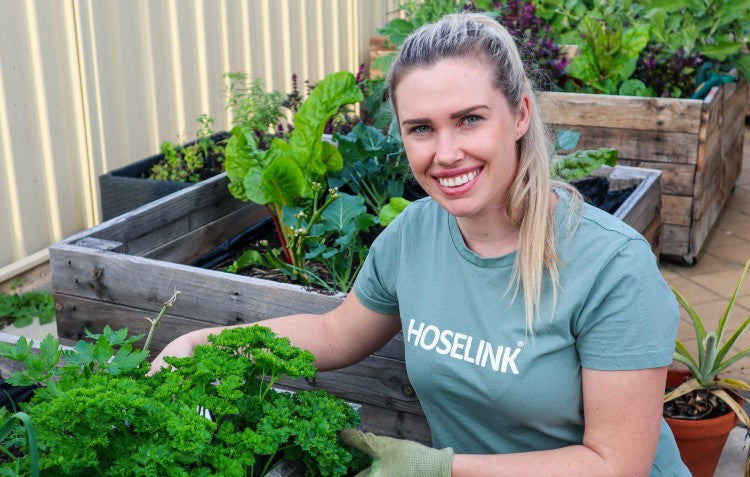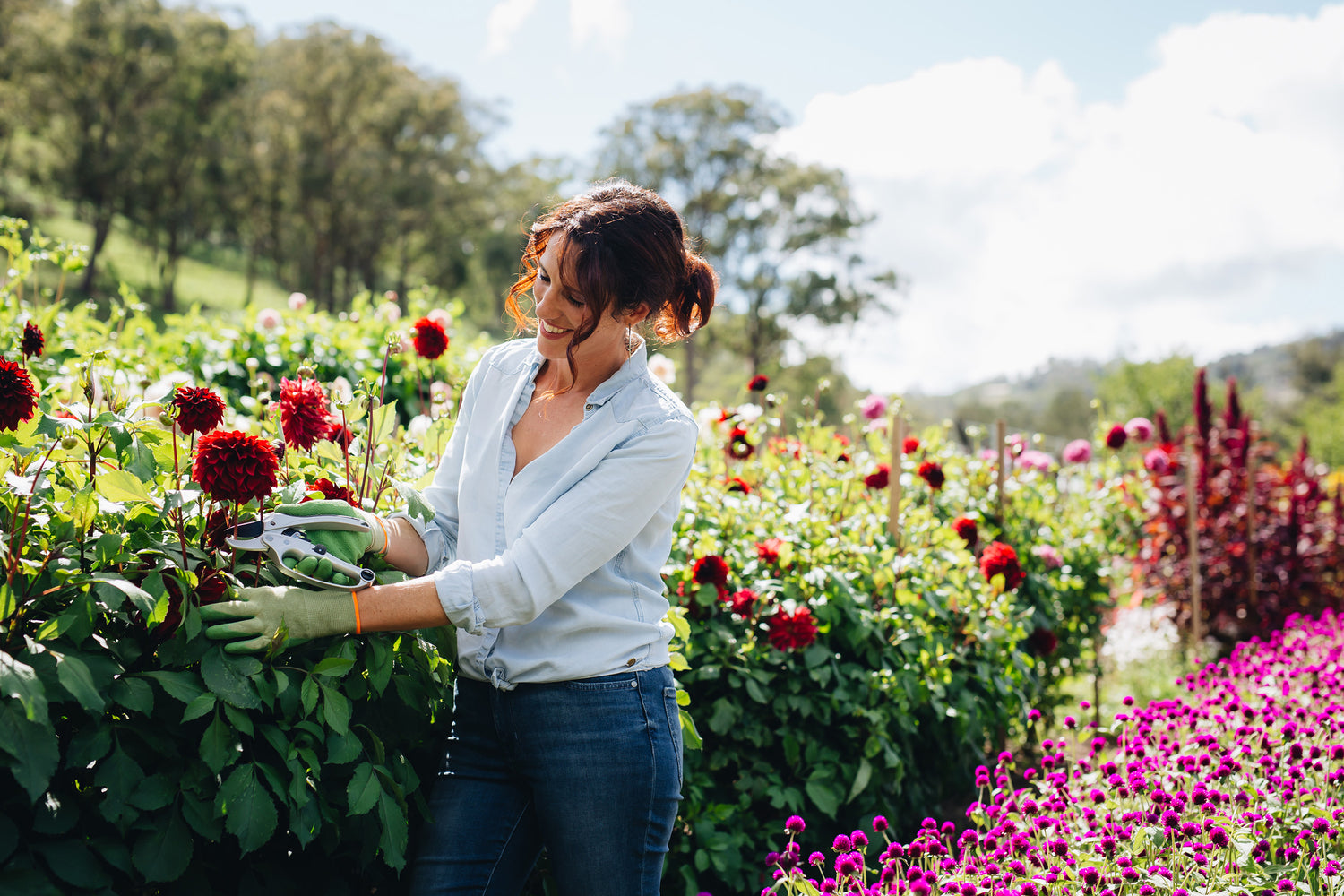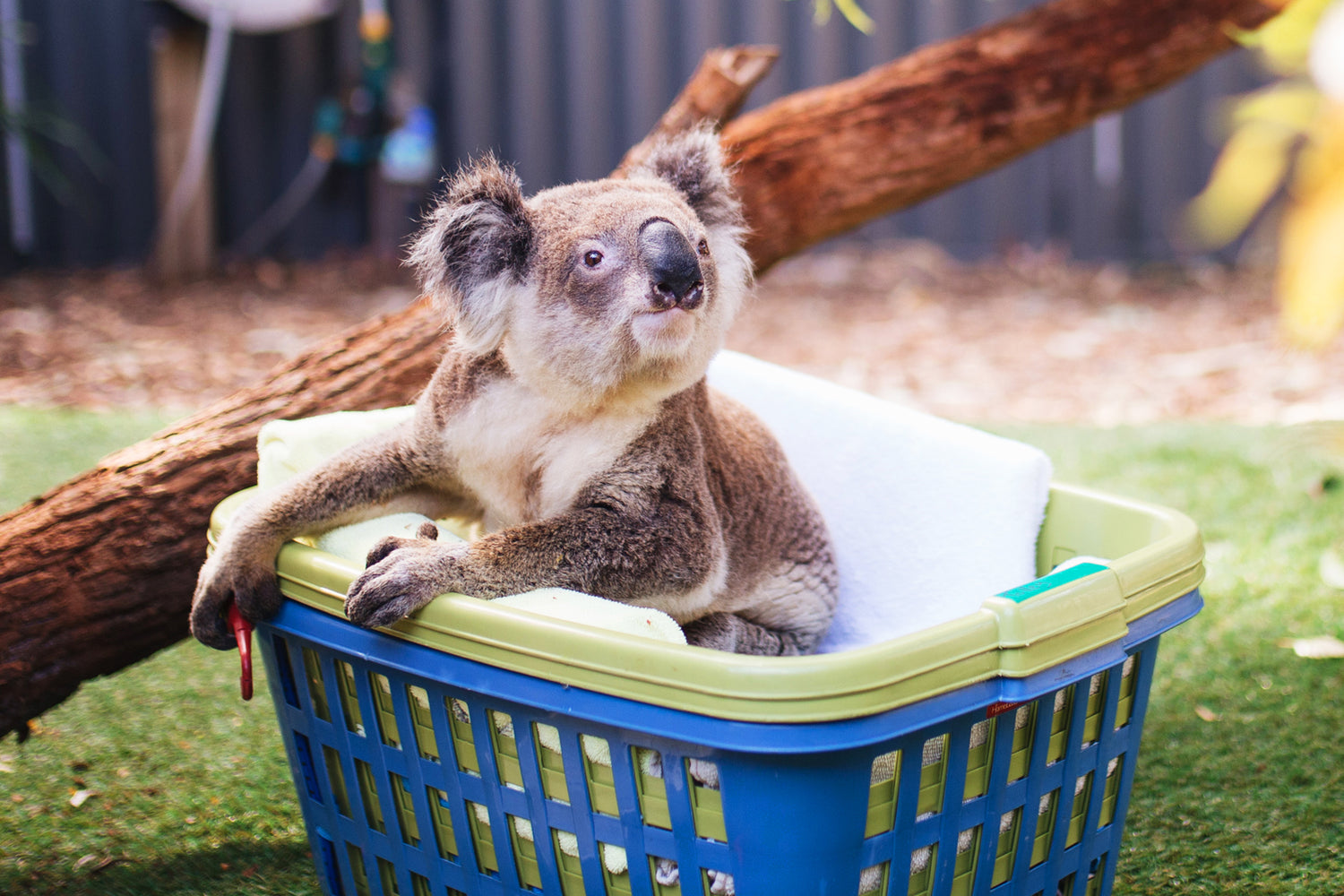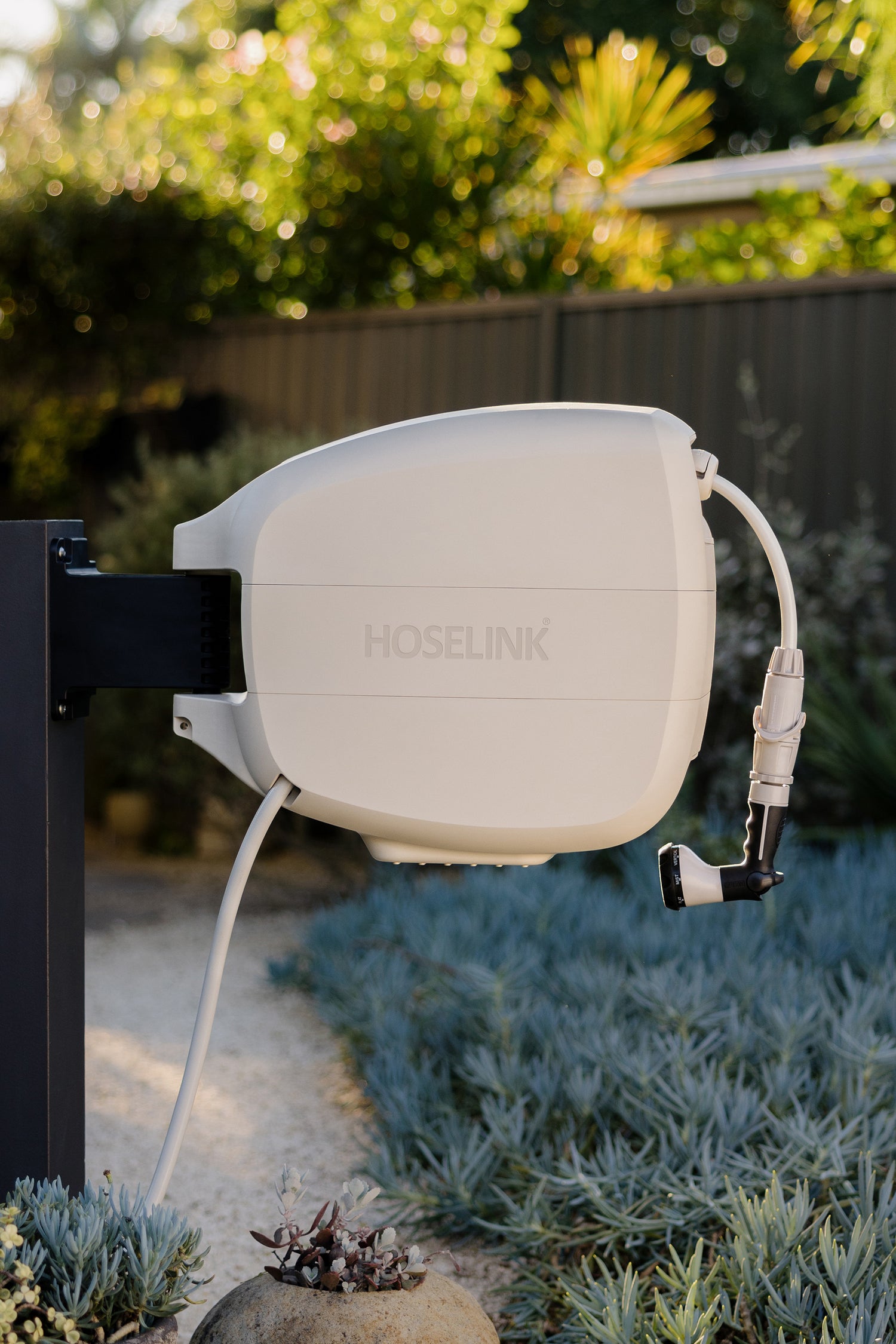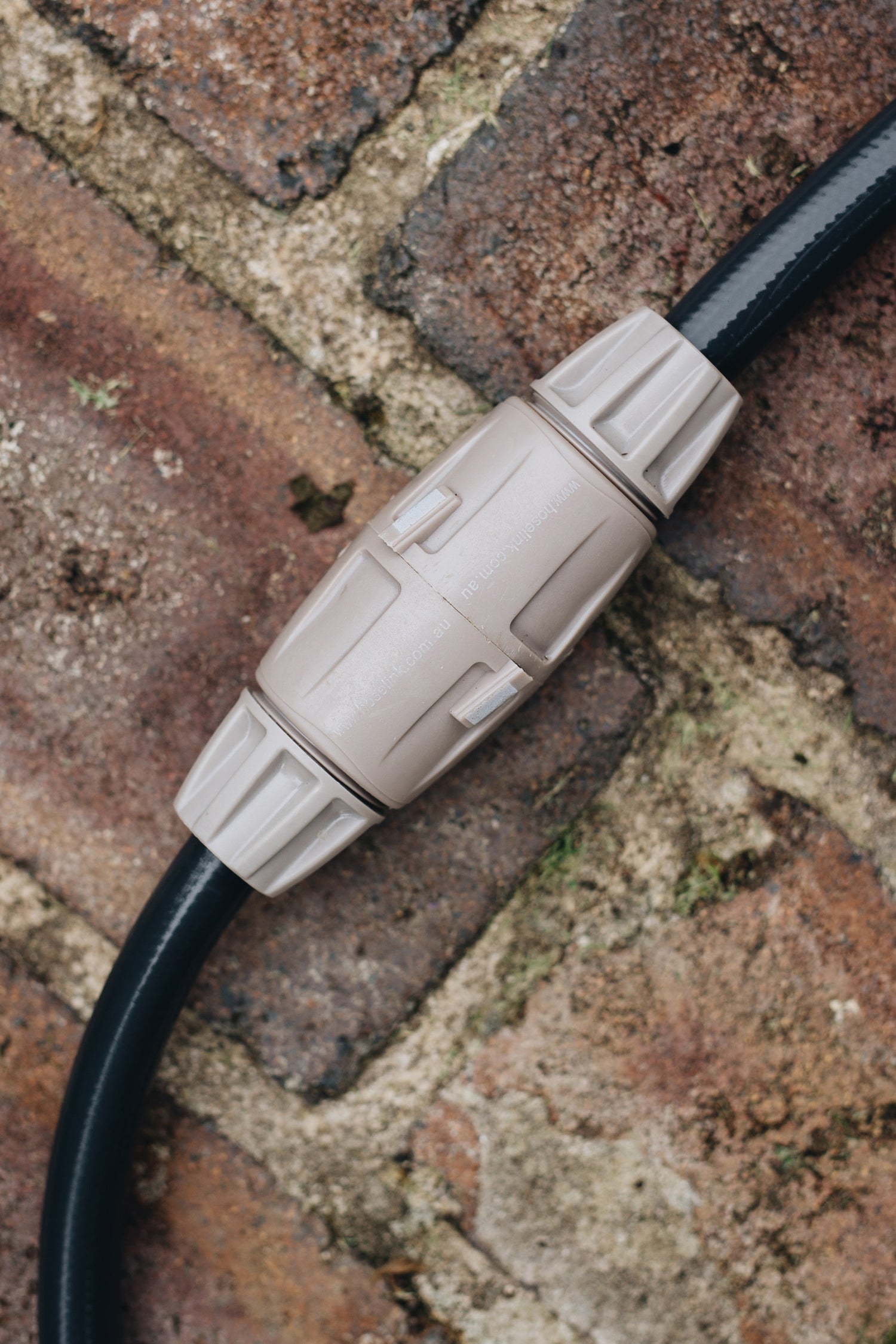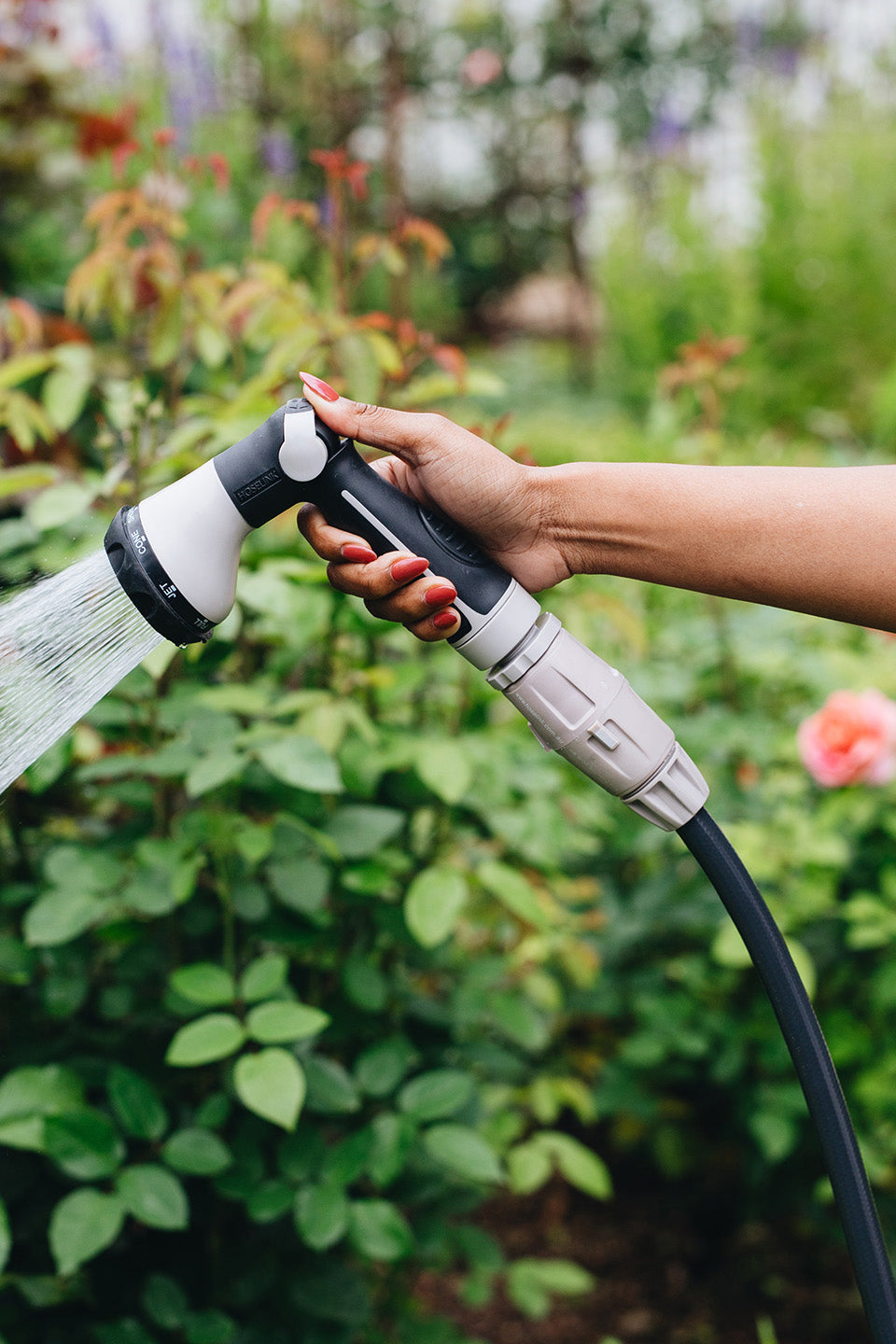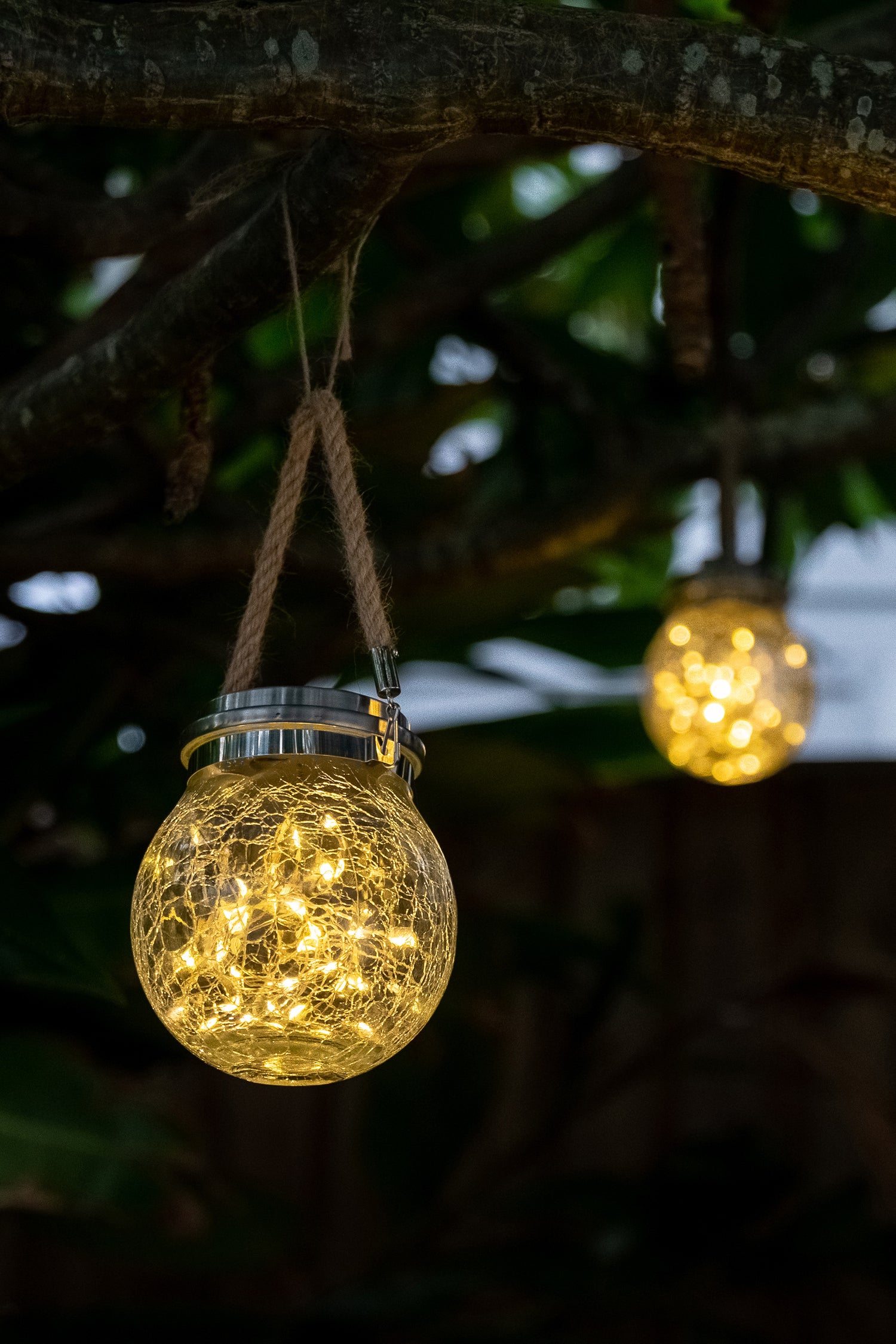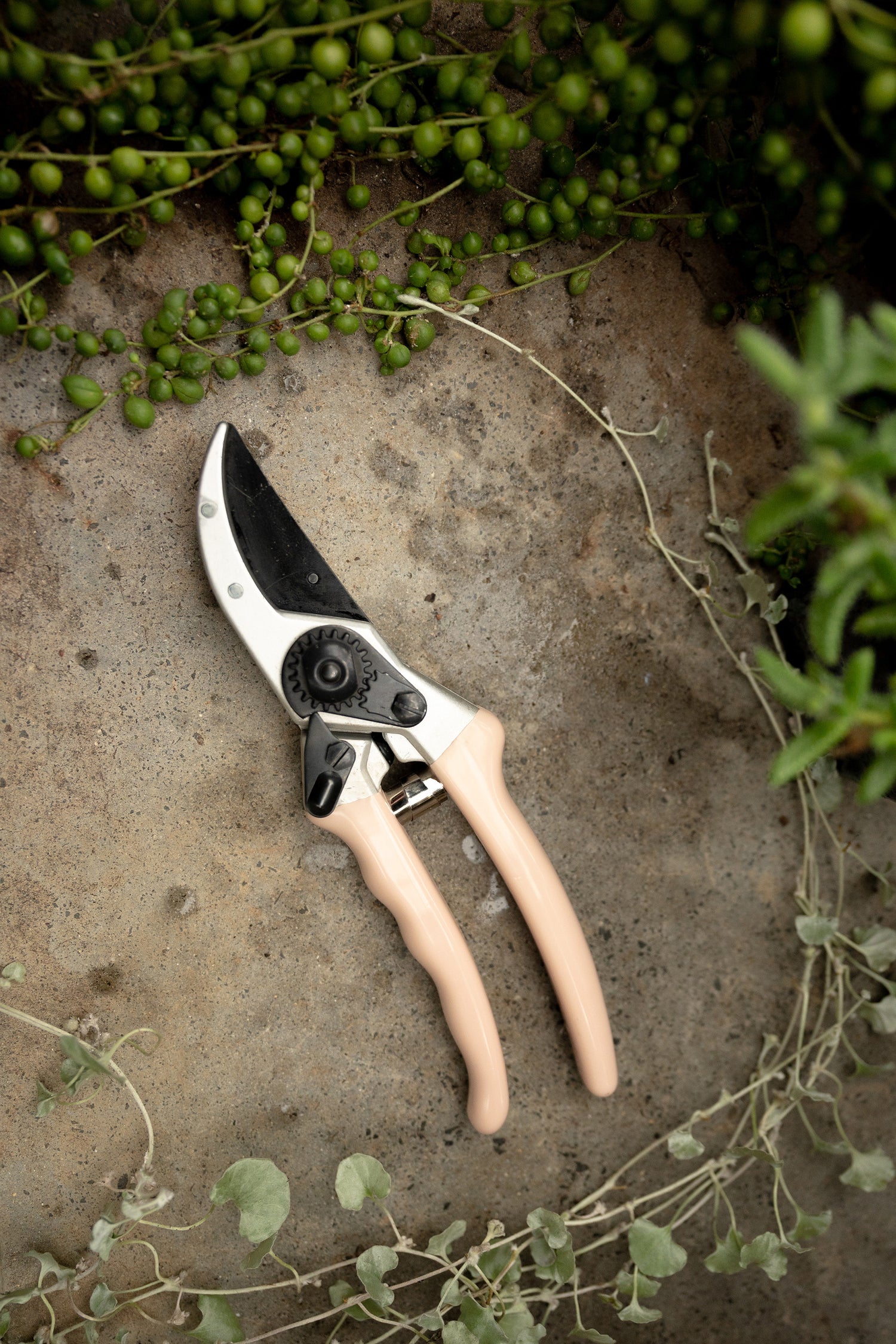Managing pests in the garden can be frustrating, especially when first starting out. But the good news is there are so many ways to control unwanted insects and simultaneously grow food naturally and sustainably, allowing you to create a healthy, toxic-free garden to feed you and your family.
Grow strong healthy plants
Growing strong, healthy plants is essential for managing pests naturally. Healthy plants will be more resilient, and if they do get any pest damage, they will be able to bounce back quickly. Sick or weak plants will be much more vulnerable to pests as they tend to attack more fragile plants. Creating healthy gardens will also allow lots of beneficial insects to take up residence and help keep pests under control.
Below are 15 ways to start protecting your garden and manage pests naturally:
- Healthy soil – Build healthy, nutrient-rich soil by composting and mulching to keep your plants strong and healthy. Healthy soil is key to a successful garden as it feeds and nourishes your plants throughout their growth cycle. This means they have a higher chance of surviving after an infestation.
- Feed your plants - Feed your plants with organic fertilisers like Hoselink’s Seaweed Tonic. This will help your plants grow strong and resilient. Plants are often at their most vulnerable when they are small and delicate. So, promoting rapid growth from the start will help get them to maturity, and they will have stronger stems and leaves to ward off pests.
- Sacrificial plants – Usually, one plant will keep getting attacked, as it may be the weakest in the patch. Bugs like to prey on the weak as they are an easy target. Allowing insects to eat that plant can distract them from the rest of your garden.
- Encourage beneficial insects – Encouraging beneficial insects into your garden will help manage pests naturally and promote a diverse ecosystem. To do this, create diversity with lots of different types of plants and flowers. Choose a range of sizes, shapes, leaf structure and colours. It is also a great idea to mix native plants in to attract local insects and pollinators. This creates many different habitats to attract beneficial insects to your garden. Another way to attract beneficial bugs is to create an insect hotel. This is made using a range of different sized sticks and hollow branches to provide habitats.
- Remove sick plants – Sick or diseased plants can quickly infect other plants in your garden, so it is important to remove them. In some cases, this may mean removing sections of the plant that have become infected. Use sharp secateurs, and make sure you wash and disinfect them well after use to prevent spreading diseases or pests around the garden.

Use natural pest deterrents
There are plenty of natural ingredients that you can use to make natural pest deterrents and sprays. Many of these will also act as a natural fertiliser to help feed your soil and grow vigorous, healthy plants.
6. Eggshells – Save your eggshells and dry them in the oven on a low-temperature setting. Then, crush them into small pieces and place them in a jar. Sprinkle these around the base of your vegetable seedlings to deter slugs and snails, who do not like the surface, so will stay away. Eggshells also contain calcium to replenish your soil.
7. Beer traps – Add little jar lids or shallow dishes filled with beer to your vegetable patch to capture slugs and snails before they get to your precious produce.
8. Coffee grounds – Coffee grounds not only ward off pests but also help to feed and nourish your garden. They need to be used (filtered through water) first before adding to your garden. Often your workplace or local cafe will be throwing these out so you can help reduce waste, create natural pest control, and fertilise for free. Sprinkle coffee grounds around the base of your plants or mix them in with water to create a liquid fertiliser. Only add a small amount or mix through the soil as coffee grounds can lower the pH of the soil when used in large quantities
9. Soapy water – This is great for aphids. Use non-toxic and greywater-friendly detergent and dilute with water. Using a paintbrush, carefully paint it on to the new growth that is affected by aphids. This is the last resort, though, as it may harm some beneficial insects too. Try to isolate the coverage to avoid spreading over non-affected areas.
10. Chilli and garlic spray – This can work to deter caterpillars from eating young leaves. Use only on plants you don't intend to eat within the next few days. Mix ½ a teaspoon of chilli powder and a crushed garlic clove in water and spray on your affected plants.
11. Companion plants – Plant diversely and add fragrant plants that can help repel pests such as marigolds, rosemary, lavender, garlic, chrysanthemums, lemongrass, basil, thyme, parsley, and geraniums.

Observe and Interact
Spending time in the garden is the most effective way to reduce pests as it will allow you to catch any issues before they get out of hand. Fast and efficient responses to your garden pests will make maintenance quick and easy.
12. Manually remove – Go out and check your garden and remove the pests by hand. I often do this when I am on the phone, it's a great way to multitask.
13. Plant extras – Plant a few additional plants in different areas of your garden so that if one does get eaten, you still have plenty of others to feed your family.
Other ideas
14. Use physical barriers – Sometimes, you may need to create physical barriers to stop pests from eating your delicious homegrown fruits and vegetables. This may include netting, fencing or metal guards to protect your fruit trees and beds from birds, bats, chickens, pets, possums, rats or fruit flies. Small barriers can also be made around young seedlings to protect them.
15. Chickens and ducks are a great way to integrate a natural pest management system into your garden. Allowing them into your backyard in a controlled and timed manner to eat all the slugs and snails will not only feed your birds but will also enrich your soil along the way. It's a win-win!

Growing naturally and sustainably is all about creating balanced ecosystems and working with nature rather than against it. The best way to keep on top of your garden pests is to develop regular routines to spend time in the garden. Whether that is a morning walk with your tea or coffee, or you check for pests and pull weeds every time you have a phone call. These are great ways to multitask and make your garden maintenance quick and easy.

Re-using ingredients from your home, such as eggshells and coffee grounds, also helps reduce waste and provides your garden with added nutrients. Natural pest management is not an instant quick fix, it's about building layers of protection and encouraging good plant health and strong, resilient growth. This will create a healthy environment for your beneficial insects and pollinators plus provide you with lots more nutritious, toxin-free food.
Happy gardening!
Holly

